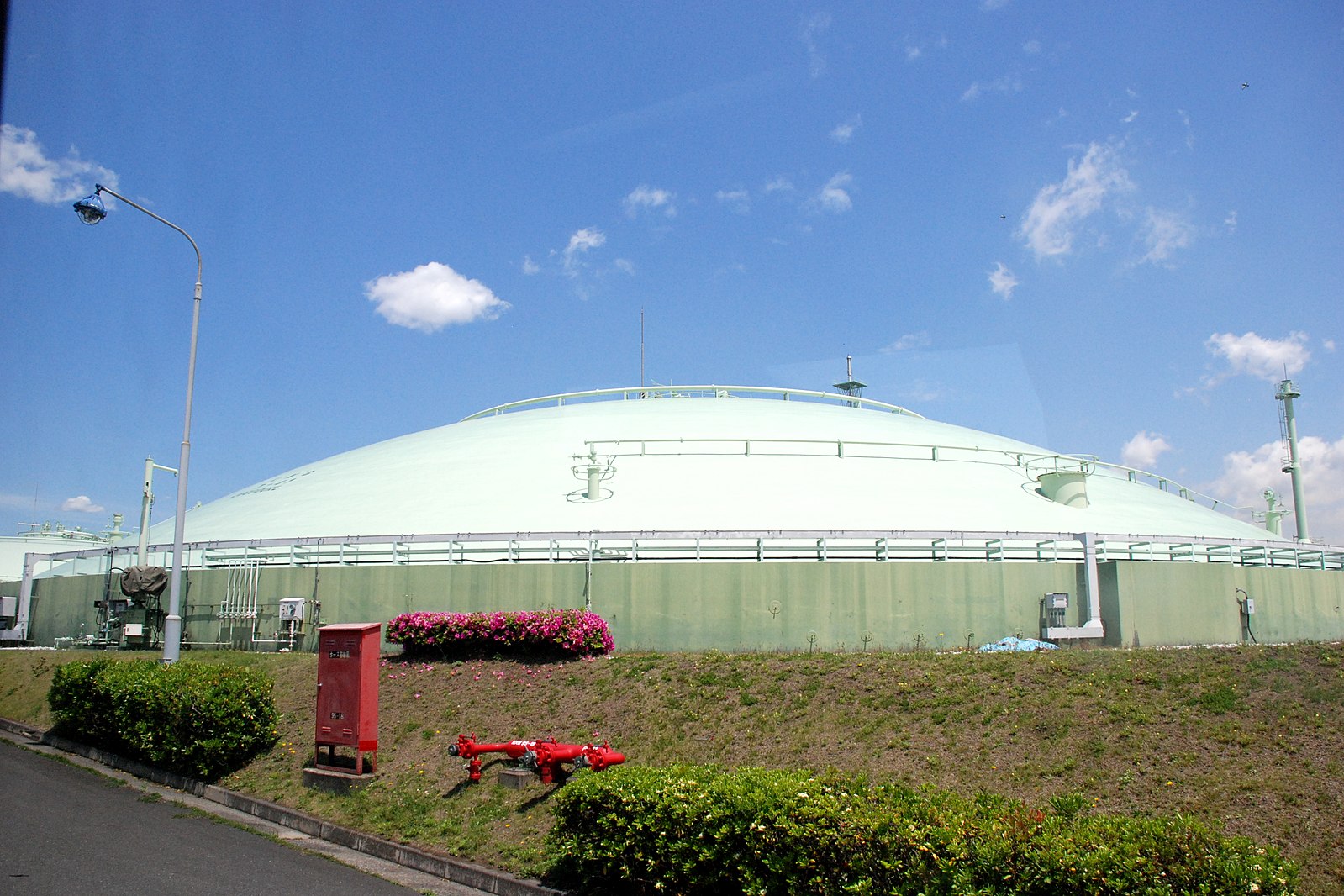Japan has announced plans to create a strategic LNG reserve to ensure the world’s largest importer has enough natural gas to meet domestic demand in an increasingly competitive market. The reserve could account for about 1% of Japan’s total LNG imports. However, it also suggests a growing conflict between Japanese energy security and climate policies.
Traditionally, Japan has purchased the vast bulk of its LNG via long-term contracts, lasting several decades in some cases. Uncertainty about future domestic demand, partly driven by the national goal to shift the power mix away from fossil fuels, has created a strong reaction from Japanese LNG buyers. The volume that Japan has contracted under long- term deals is forecast to decline by over a third during this decade alone.
The shrinking of Japan’s long-term LNG portfolio comes at a time when other major markets are signing up to a host of such lengthy deals. China, which is set to displace its neighbor as the world’s top buyer, is projected to see its contracted volumes jump significantly over the next few years.
Should Japan’s proposed shift to a greater reliance on renewable energy proceed as planned, thus also meeting national emission reduction targets, the scale back on longer- term LNG deals will be justified. But a disruption to those plans, or to the LNG supply from existing contracts, could push Japan into the unfamiliar territory of depending on the more capricious spot market to balance the scales. The new strategic reserve attempts to straddle the divide. How much impact will it have?

